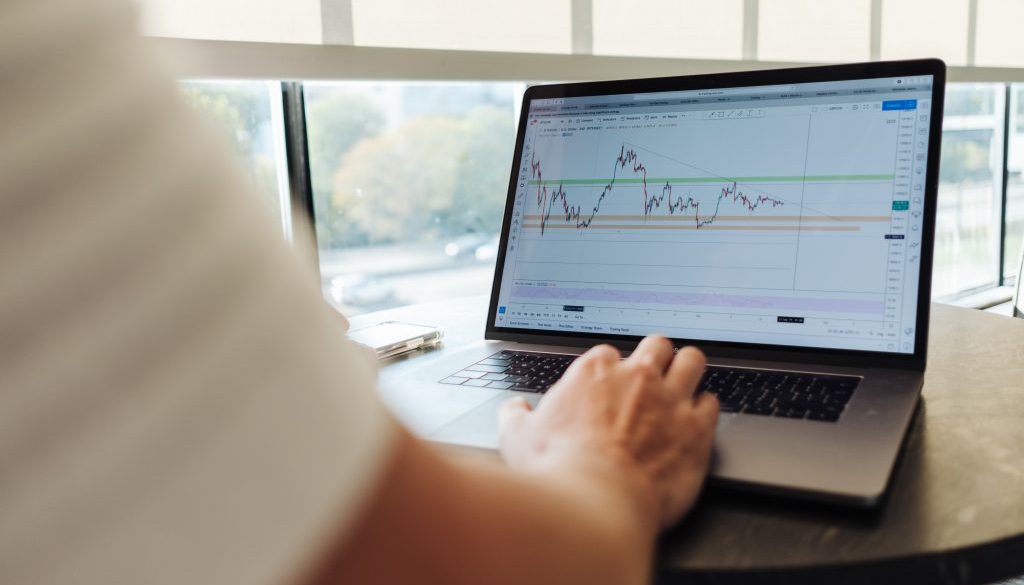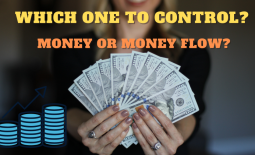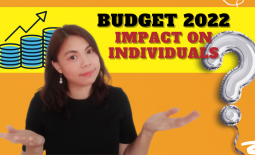What is the relationship among bond yield, inflation rate and bond price?
In layman term, bond yield is the “interest rate” which the bondholder will receive by investing in the bond. If the bond yield is 3%, it means the bondholder will be getting 3% return from the bond.
Bond yield and bond price has inverse relationship. When the bond price drops, the bond yield increases. Bond is issued at a fixed par value initially. Before the maturity date of the bond, the bond price is fluctuating according to the supply and demand of the market. If the demand is strong, the bond price will increase, i.e. can be higher than the initial issued par value, hence the “bond interest rate” (bond yield) will drop. Vice versa, if the demand of the bond is low, the bond price will drop to attract demand and hence the bond yield will increase.
For example, during the initial bond issue, Bond A was sold at USD100 at 5% coupon rate annually (USD 5 per year is given as “interest” to bondholders for every USD 100 bond). After a year of issuance, many bondholders of Bond A wanted to sell the bond and there were not many buyers around. Hence, the bond price of Bond A dropped to attract buyers. New bond buyers could buy the same bond at, say USD 90, lower than the initial price of USD 100. Considering the “interest” (coupon) is USD 5 per bond, the yield is no longer 5% but 5.55% (USD 5 / USD 90), an increase in the bond yield when the bond price dropped.
Bond yield is also greatly affected by the monetary policy – interest rate. The government normally increases the interest rate to slow down inflation. When the government announces higher interest rate, it means there will be higher saving rate and high borrowing rate. Corporates then tend to borrow less because the borrowing cost is higher. Savers will save more because the saving rate is higher. This will in turn curb spending and slow down the inflation.
When the interest rate is high, the bond yield will be high too. This is why, when the bond yield is climbing high recently, there is a fear that it was driven by high inflation rate. High inflation rate will lead to government increasing interest rate which will cause corporate borrowing cost to be higher and hence slow down the growth of the companies. It might in turn hurt the equity market. Read more about bond here and here.
************************************************************************
You can receive constant broadcast message relating to wealth creation to financial freedom through Telegram. Click here to subscribe to the telegram for the weekly newsletter.




